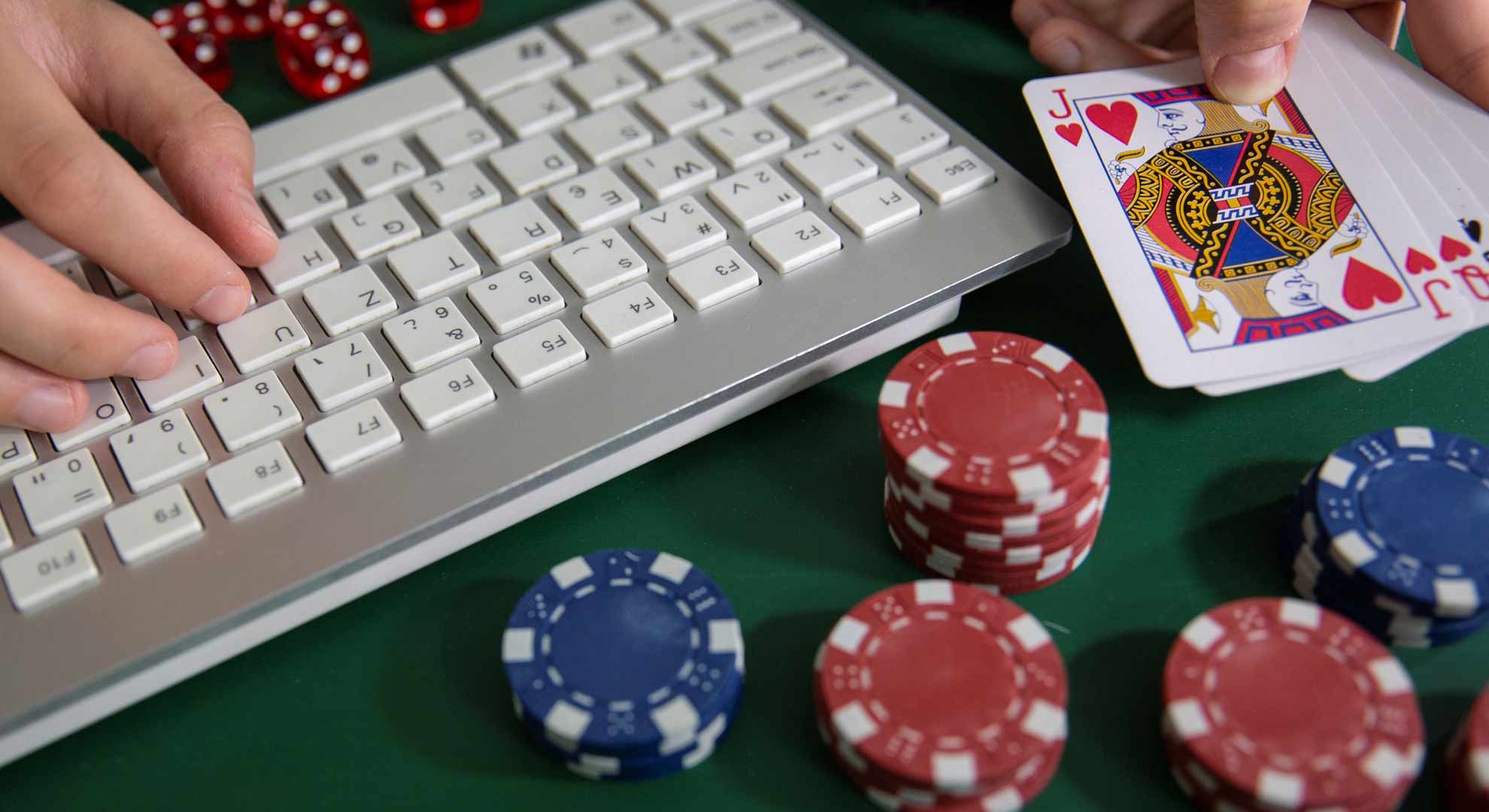Why Casinos Symbolize Human Desire

Why Casinos Symbolize Human Desire
The shimmering lights, the intoxicating chime of slot machines, the collective hush at a high-stakes poker table—casinos are more than just buildings for gambling. They are meticulously crafted temples dedicated to the very essence of human desire. From the opulent architecture to the intricate psychology of game design, every element within a casino is engineered to tap into our deepest aspirations, fears, and primal urges. They are gilded cages and grand stages where the timeless drama of risk, reward, fortune, and fate plays out in an endless loop.
At its most fundamental level, the casino symbolizes our innate desire for risk and reward. Human progress is built on taking calculated risks for the potential of a greater outcome. This instinct, which drove our ancestors to hunt dangerous prey or explore unknown lands, is distilled into its purest form at the roulette wheel or the blackjack table. The act of placing a bet is a conscious decision to embrace uncertainty. The thrill comes not just from the possibility of winning, but from the tension of the unknown. This dopamine-fueled cycle of risk and potential reward is a powerful psychological hook, mirroring the gambles we take in our careers, relationships, and everyday lives.
Furthermore, casinos are powerful symbols of the universal desire for a transformed life. They sell the dream of instant fortune, the alchemical promise that a single lucky spin can turn modest means into unimaginable wealth. This is the desire for escape from a mundane reality, for a shortcut to the life we aspire to have. The environment itself is designed to reinforce this fantasy. The lavish carpets, soaring ceilings, complimentary drinks, and absence of clocks or windows create a hermetically sealed world of luxury. In this space, the ordinary rules don't seem to apply, and the dream of a life-changing jackpot feels tantalizingly within reach. The casino, therefore, becomes a cathedral for the hopeful, a place where the desire for more—more money, more freedom, more excitement—is not only accepted but celebrated.
Another profound human desire that casinos exploit is the craving for control. In a world that often feels chaotic and unpredictable, we seek agency and the power to influence our own destiny. While many casino games are based purely on chance, they offer a potent illusion of control. A player can choose their "lucky" numbers in roulette, develop a "strategy" for pulling a slot machine lever, or make calculated decisions in a game of poker. This sense of participation, the belief that one's choices can steer the hand of fate, is a deeply satisfying psychological experience. It empowers the individual and makes them feel like an active participant in their quest for fortune, rather than a passive recipient of luck.
This potent symbolism of desire has flawlessly transitioned into the digital age. The core principles that make a physical casino so alluring are now accessible 24/7, from anywhere in the world. The desire for risk, the dream of a massive win, and the thrill of the game have been concentrated into a digital format. Platforms like the m88 best online casino provide the same rush of risk and potential for reward, directly from the comfort of home. This evolution proves that the casino is not just a place, but an idea—a powerful concept that reflects our enduring human drive to gamble, to dream, and to chase a destiny that glitters with possibility.
In conclusion, casinos are not merely venues for games of chance. They are complex psychological landscapes that serve as a mirror to our deepest desires. They symbolize our willingness to risk it all for a greater reward, our yearning for a life of wealth and freedom, our need to feel in control of our own fate, and our desire to escape into a world of glamour and excitement. Whether built from marble and neon in Las Vegas or coded in pixels on a screen, the casino remains one of the most powerful and enduring symbols of the human condition's eternal gamble.